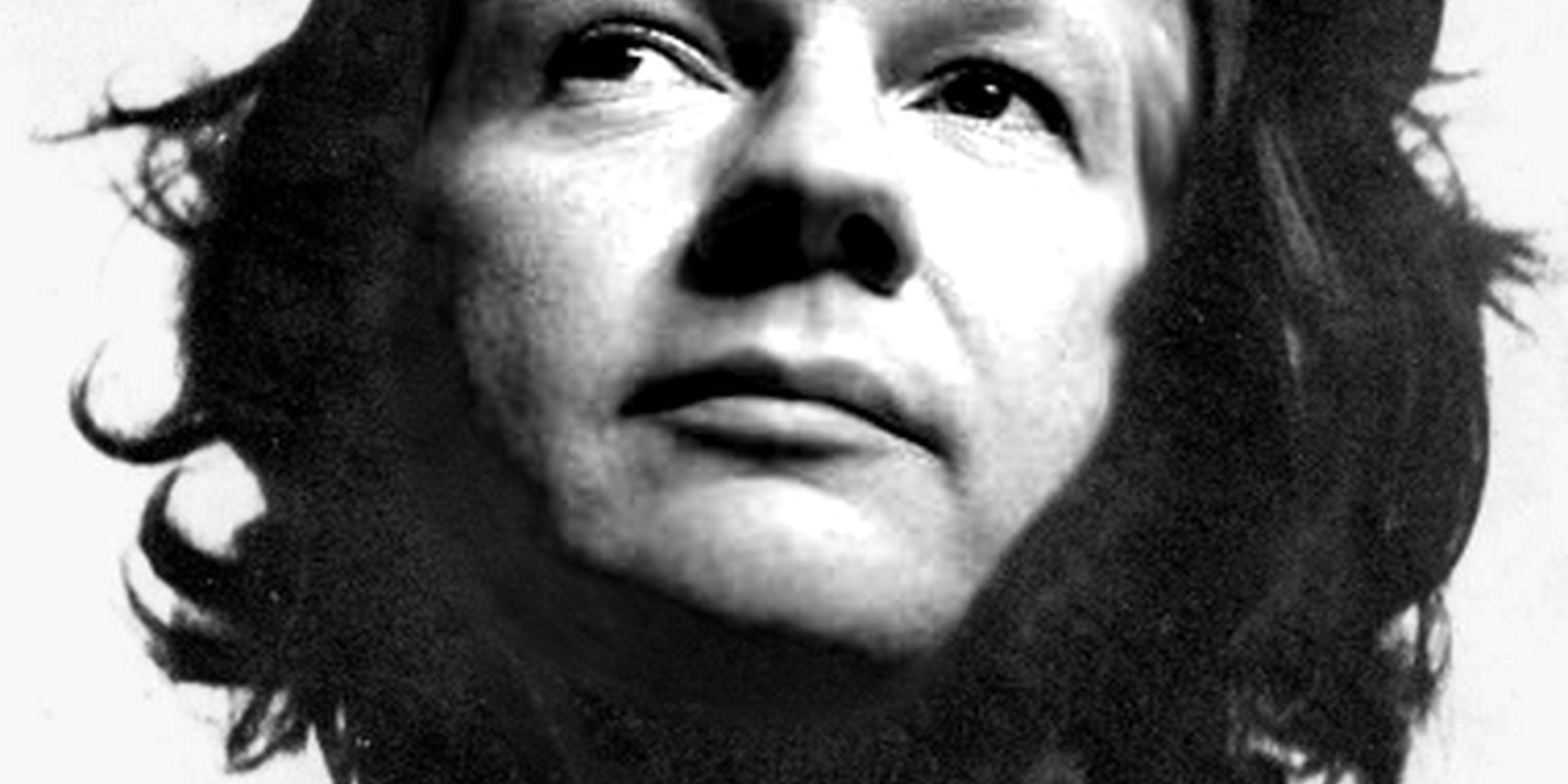Iconoclast, martyr, stainless steel rat, visionary, terrorist, revolutionary, albino ferret, and hero: Julian Paul Assange has been called many things, but talking head?
In March on the state-owned RT (formerly Russia Today), the controversial WikiLeaks founder will be presenting his own talk show, recorded while under house arrest in the English countryside. It will focus on controversial topics and feature 10 prominent guests. (The list is secret.)
After some apparently spirited negotiations, RT has landed the right to air the show, in which Assange will star, as well as produce and write.
According to a post on RT.com:
The show, arguably the most anticipated news series of 2012, will feature ten ‘iconoclasts, visionaries and power insiders’ – people Assange can clearly identify with, being a rather controversial figure himself. The 40-year-old Australian media and internet entrepreneur will get to talk about the issues of the day with those he believes will shape ‘the world tomorrow.’
In his own words, the world-famous Wikileaks founder is ‘a pioneer of a more just world and a victim of political repression’ which is why he promises to deliver a new type of television. Many are already wondering whether it will be as explosive as the biggest mass disclosure of secret documents in US history, also orchestrated by Assange and his team.
“Entrepreneur?” I guess it is a long way from Wall Street to the Kremlin. Nonetheless, we shall tune in eagerly, if only via YouTube.
RT has come under fire in the media and social media for being no more than a propaganda arm of the Kremlin, though it rejects the charge. It’s reportedly the second most-watched foreign news channel in the U.S., after the BBC. RT has enjoyed considerable access to Assange during his more-than-year-long fight against extradition charges from the UK to Sweden.
WikiLeaks has also been known to employ .ru emails, and if there is one set of servers in the world that are not exposed to the U.S. government at the turn of a key or the drop of a court order, it would have to be those in Russia.
It seems the global ambassador for transparency and free speech feels it safer to make his case from Russia than from the United States. In the age of SOPA, PIPA, Homeland Security, and ACTA, who’s to say he’s wrong?
Photo by Roger Lancefield


